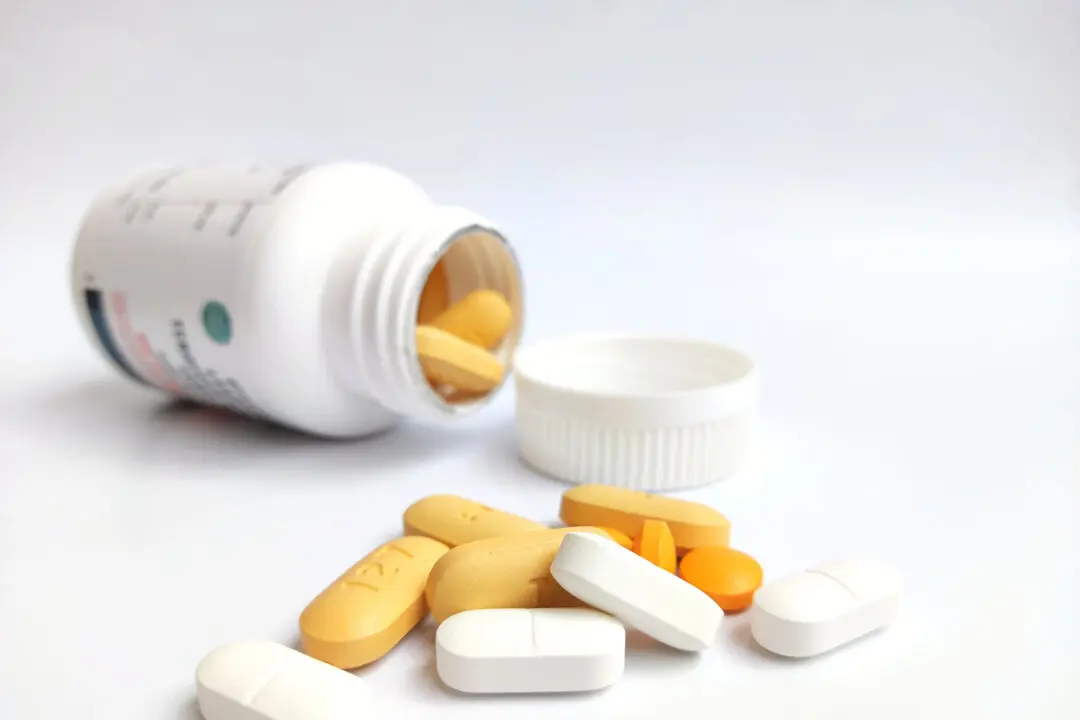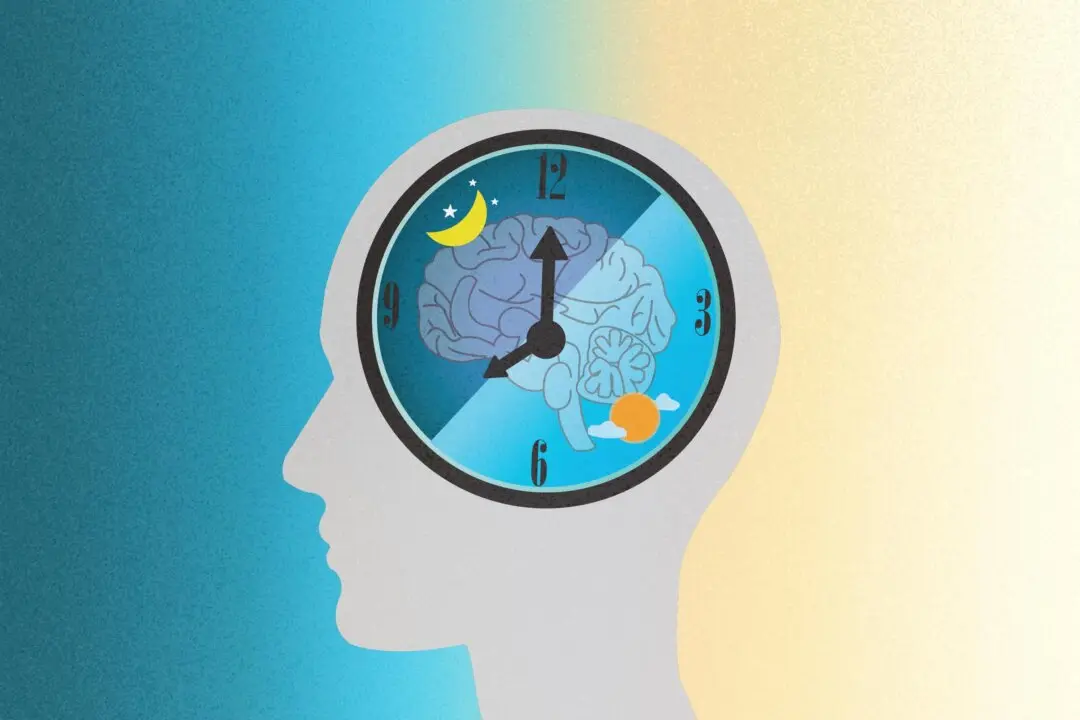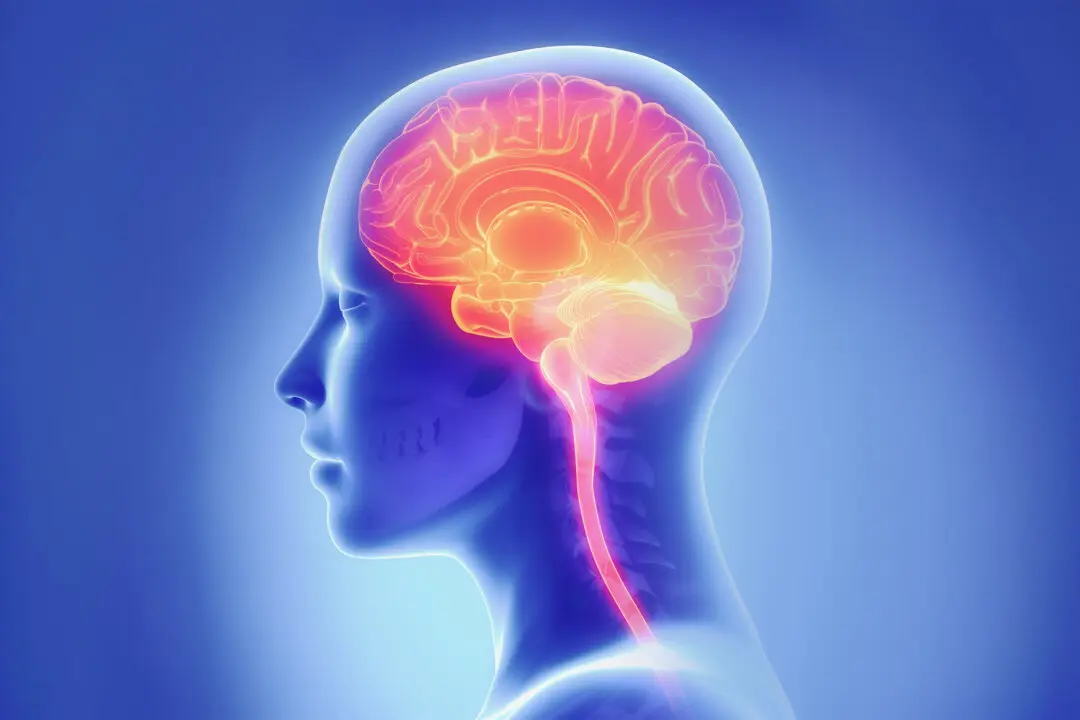About 1 in 10 Americans are living with diabetes, and between 90 and 95 percent of them have Type 2 diabetes. Compelling evidence suggests that increasing your coffee intake could lower your risk for this condition.
Coffee May Prevent Type 2 Diabetes
A large study from Harvard University looked at the coffee habits of more than 100,000 people for about 20 years.Researchers found that people who increased their coffee intake by one cup more per day experienced an 11 percent lower risk of eventually getting Type 2 diabetes.






